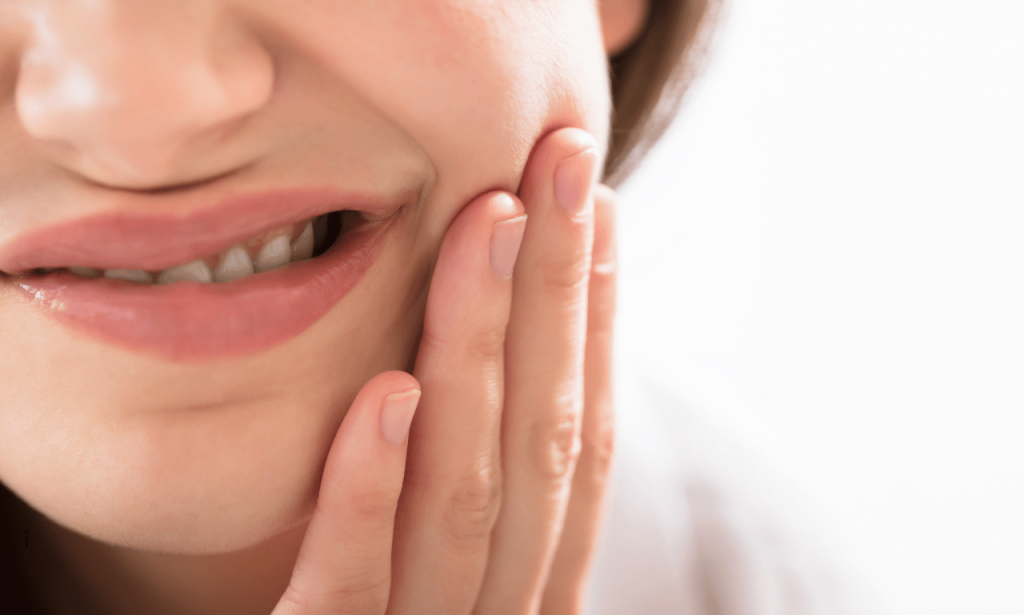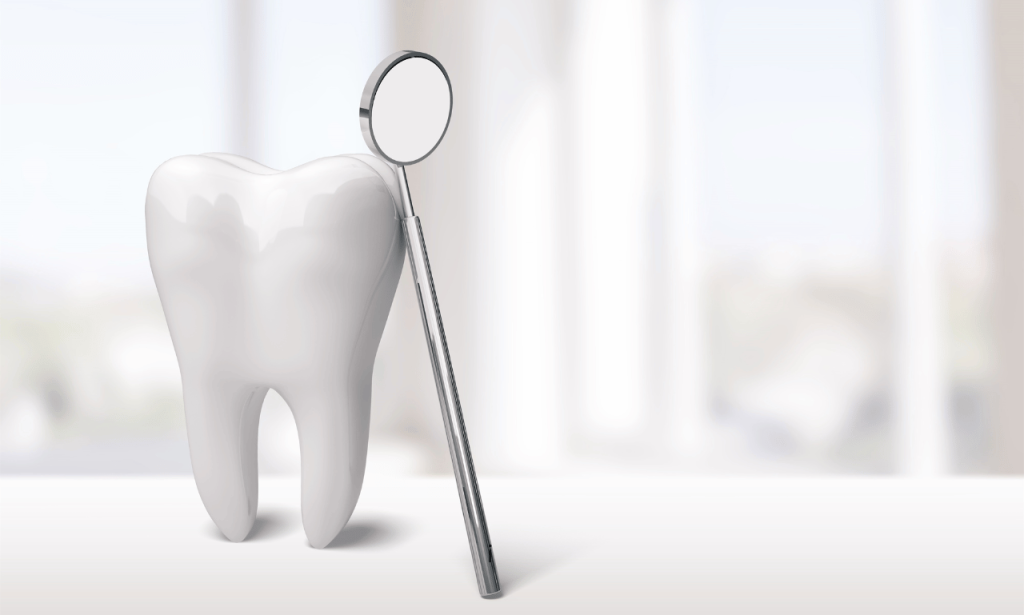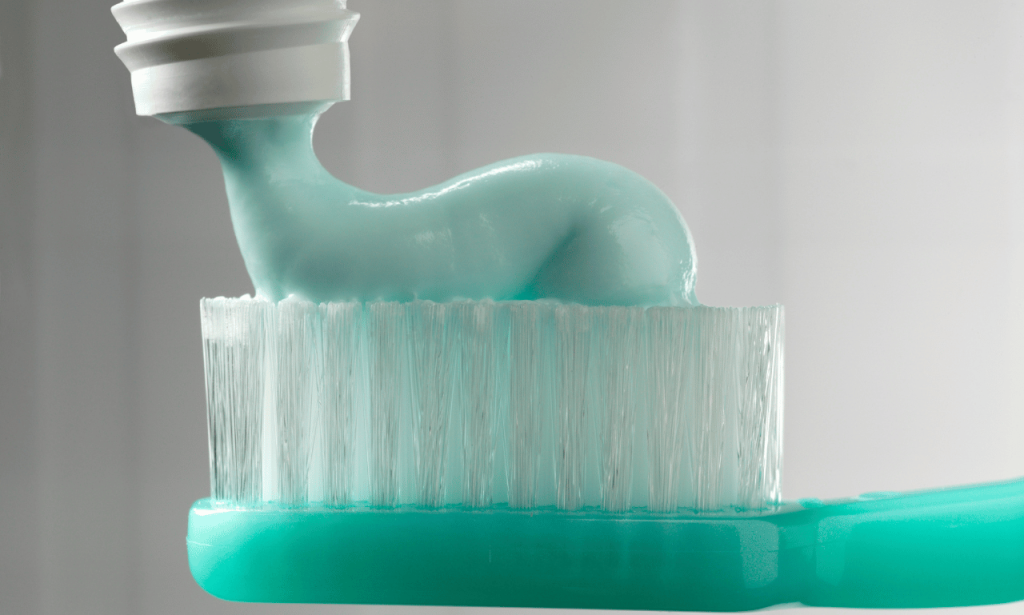My tooth hurts when I drink hot or cold and this is how I manage it. Tooth pain when consuming hot or cold food and drinks is a common problem many people face. This sharp, sudden jolt of pain is often linked to tooth sensitivity, ranging from mild discomfort to more severe, lingering pain.
Understanding why your teeth hurt and how to manage the problem is essential for maintaining good oral health and ensuring your comfort.
Let’s explore the causes and treatment options for tooth sensitivity and pain. We will explore how different factors like gum disease, tooth decay, enamel erosion, and more contribute to the discomfort many people experience. By the end of this article, you will clearly understand how to manage tooth pain and protect your teeth from further sensitivity.
If you’re looking for effective solutions to manage tooth sensitivity, exploring recommended dental products can make a significant difference. For more information and tailored solutions, visit this link for helpful options designed to meet your needs.

What Causes Tooth Sensitivity?
Tooth sensitivity, also known as dentin hypersensitivity, occurs when the protective layers of the teeth—enamel and cementum—become worn down, exposing the underlying dentin. The dentin contains tiny tubules that lead directly to the tooth’s nerve, making it sensitive to temperature changes and certain foods.
There are many common causes of tooth sensitivity, including:
1. Tooth Decay
Tooth decay, or cavities, can cause sensitivity by creating holes in your teeth, exposing the inner dentin. This can lead to sharp pain when you consume hot or cold food and drinks.
2. Gum Disease (Periodontal Disease)
Gum disease can cause your gums to recede, exposing the roots of your teeth, which are not protected by enamel. This makes the roots more sensitive to hot and cold stimuli, and you may feel a sharp pain when consuming certain foods.
3. Tooth Enamel Erosion
Enamel erosion occurs due to acidic foods and drinks, aggressive brushing, or even acid reflux. Over time, this can wear away the hard enamel protecting your teeth, exposing the dentin beneath. The more enamel you lose, the more sensitive your teeth will become.
4. Aggressive Brushing
Using a hard-bristled toothbrush or brushing too hard can wear down tooth enamel and irritate the gums, leading to sensitivity. Switching to a soft-bristled toothbrush and practicing gentle brushing can prevent further damage.
5. Gum Recession
Gum recession can expose the roots of your teeth, which are not protected by enamel. This makes your teeth more sensitive to cold air, cold drinks, and hot beverages, as well as acidic foods.
6. Cracked Tooth
A cracked or fractured tooth can expose the tooth’s nerve, leading to sensitivity when consuming cold, hot, or sugary foods and drinks.
7. Dental Procedures
Recent dental treatments, such as fillings, root canals, or crowns, can sometimes leave teeth temporarily sensitive as they heal. In most cases, this sensitivity subsides within a few weeks.

Temperature Sensitivity: Hot vs. Cold
Tooth sensitivity can vary based on the temperature of the food or drink. Some people experience discomfort primarily with cold items, while others feel pain when consuming hot foods and beverages. Let’s explore how temperature plays a role.
Cold Sensitivity
Cold sensitivity is common, and you may notice it when eating ice cream, drinking cold water, or even breathing in cold air. This happens because cold temperatures cause the exposed dentin to contract, irritating the nerve and causing sharp pain. In extreme cases, even mildly cold food or beverages can trigger discomfort.
Hot Sensitivity
Sensitivity to heat is often linked to more serious underlying issues, such as advanced tooth decay, gum disease, or an abscess. Drinking hot coffee, tea, or soup may cause a deep, throbbing pain that could indicate the need for dental treatment, like a root canal.
Temperature Changes
Some people experience tooth pain with rapid temperature changes, such as sipping hot coffee right after eating cold food. This sudden shift in temperature can cause the dentin to expand and contract, aggravating the tooth’s nerve.

Foods and Drinks That Can Trigger Sensitivity
Many common foods and beverages can trigger sensitivity, especially if they are hot, cold, sugary, or acidic. Here’s a closer look at how specific types of food and drink contribute to tooth pain:
1. Cold Foods and Beverages
Cold drinks like iced water, soda, and sports drinks, as well as foods like ice cream, can trigger sharp pain in sensitive teeth. This is because the cold temperature causes the exposed dentin to contract, aggravating the nerve.
2. Hot Foods and Beverages
Hot drinks such as black coffee, tea, and soup can also cause discomfort in people with tooth sensitivity. If you experience pain from hot drinks, it may indicate a more severe issue, such as gum disease or a deep cavity.
3. Acidic Foods
Acidic foods and beverages, including citrus fruits, fruit juices, and energy drinks, can erode tooth enamel over time, exposing the dentin and making teeth more sensitive.
4. Sugary Foods
Sugary foods like candy, desserts, and soda can increase the risk of tooth decay, leading to sensitivity. Plaque buildup from sugary foods produces acids that wear down the enamel, contributing to sensitivity and pain.
5. Alcoholic Beverages
Alcoholic drinks, particularly those that are acidic, like wine and certain cocktails, can exacerbate tooth sensitivity by eroding enamel and irritating exposed nerves.

Managing Tooth Sensitivity: Treatment Options
Fortunately, there are several ways to manage and reduce tooth sensitivity. Depending on the underlying cause of your sensitivity, your dentist may recommend one or more of the following treatment options:
1. Fluoride Treatments
Fluoride can strengthen tooth enamel and reduce sensitivity. Your dentist may recommend an in-office fluoride treatment or fluoride toothpaste to help protect your teeth from hot and cold sensitivity.
2. Desensitizing Toothpaste
Over-the-counter desensitizing toothpaste contains ingredients like potassium nitrate, which can help block pain signals from the tooth’s nerve. Regular use of this toothpaste can significantly reduce sensitivity over time.
3. Dental Bonding
If your tooth sensitivity is caused by exposed roots or a cracked tooth, your dentist may apply a bonding agent to the affected area. This helps to seal the exposed dentin and reduce pain.
4. Mouth Guard
If you grind your teeth at night (a condition known as bruxism), it can wear down your enamel and contribute to sensitivity. A custom mouth guard can protect your teeth from further damage.
5. Gum Grafting
For cases of gum recession, a gum grafting procedure can help cover exposed roots and reduce sensitivity. This procedure involves taking tissue from another part of your mouth and attaching it to the receded gum area.
6. Root Canal
If your sensitivity is severe and caused by damage to the tooth’s nerve, a root canal may be necessary. This procedure removes the damaged nerve tissue and seals the tooth to prevent further pain.
7. Dental Implants
In extreme cases where tooth loss occurs, dental implants may be needed to replace missing teeth and restore function. Implants can prevent further damage to surrounding teeth and improve overall oral health.

Preventing Tooth Sensitivity
Prevention is key when it comes to managing tooth sensitivity. By taking steps to protect your enamel and maintain good oral hygiene, you can reduce your risk of developing sensitive teeth.
1. Use a Soft-Bristled Toothbrush
Switching to a soft-bristled toothbrush can help protect your enamel and prevent gum recession. Gentle brushing is important to avoid further damage to your teeth and gums.
2. Avoid Aggressive Brushing
Aggressive brushing can wear down enamel and contribute to gum recession. Be mindful of how hard you brush and focus on using gentle, circular motions to clean your teeth effectively.
3. Limit Acidic Foods and Beverages
To protect your enamel from erosion, try to limit your intake of acidic foods and drinks, such as citrus fruits, fruit juices, and soda. If you do consume acidic foods, rinse your mouth with water afterward to neutralize the acids.

4. Maintain Good Oral Hygiene
Brushing your teeth twice a day and flossing regularly can help prevent plaque buildup, tooth decay, and gum disease—all of which contribute to sensitivity. Regular dental check-ups are also essential for maintaining overall oral health.
5. Wear a Mouth Guard
If you grind your teeth at night, wearing a mouth guard can help prevent enamel erosion and reduce sensitivity. Your dentist can provide you with a custom-fitted mouth guard for maximum protection.
6. Avoid Extreme Temperatures
If you know that your teeth are sensitive to hot or cold foods and drinks, try to avoid consuming items at extreme temperatures. Allow hot beverages to cool down slightly before drinking, and avoid biting into ice or frozen foods.
Conclusion
Tooth sensitivity is a common dental problem that can cause significant discomfort when consuming hot or cold food and drinks. The good news is that, with proper care and treatment, you can manage your sensitivity and protect your teeth from further damage.
Whether your sensitivity is caused by enamel erosion, gum recession, tooth decay, or other factors, there are effective treatment options available. Fluoride treatments, desensitizing toothpaste, dental bonding, and gum grafting are just a few of the ways you can reduce sensitivity and improve your oral health.
By practicing good oral hygiene, avoiding aggressive brushing, and limiting your intake of acidic and sugary foods, you can prevent sensitivity and enjoy your favorite hot and cold treats without pain. Regular visits to your dentist are crucial for catching potential issues early and ensuring your teeth stay healthy for years to come.
For more information on dental products that can help with tooth sensitivity, you can visit this link for effective solutions tailored to your needs.


